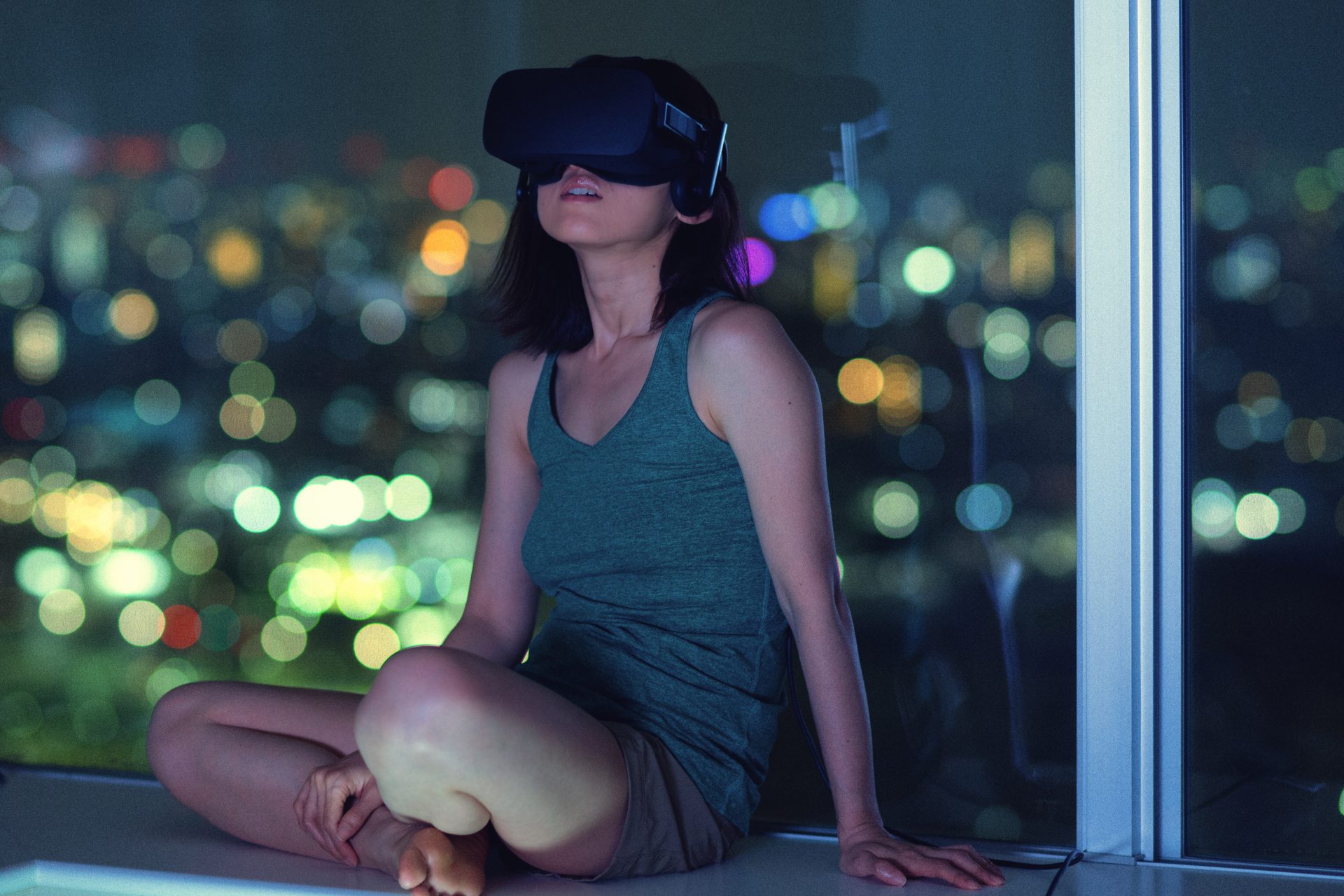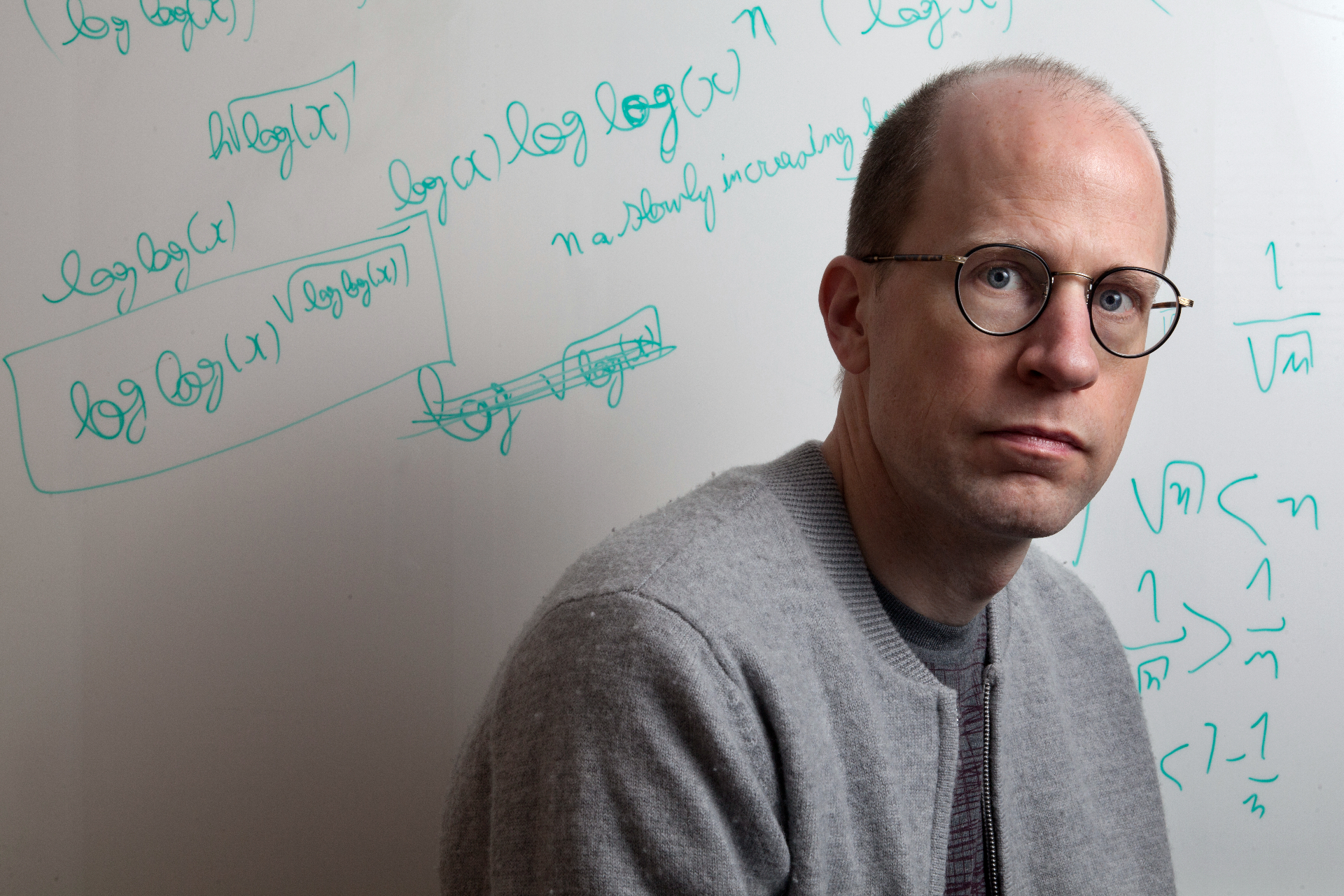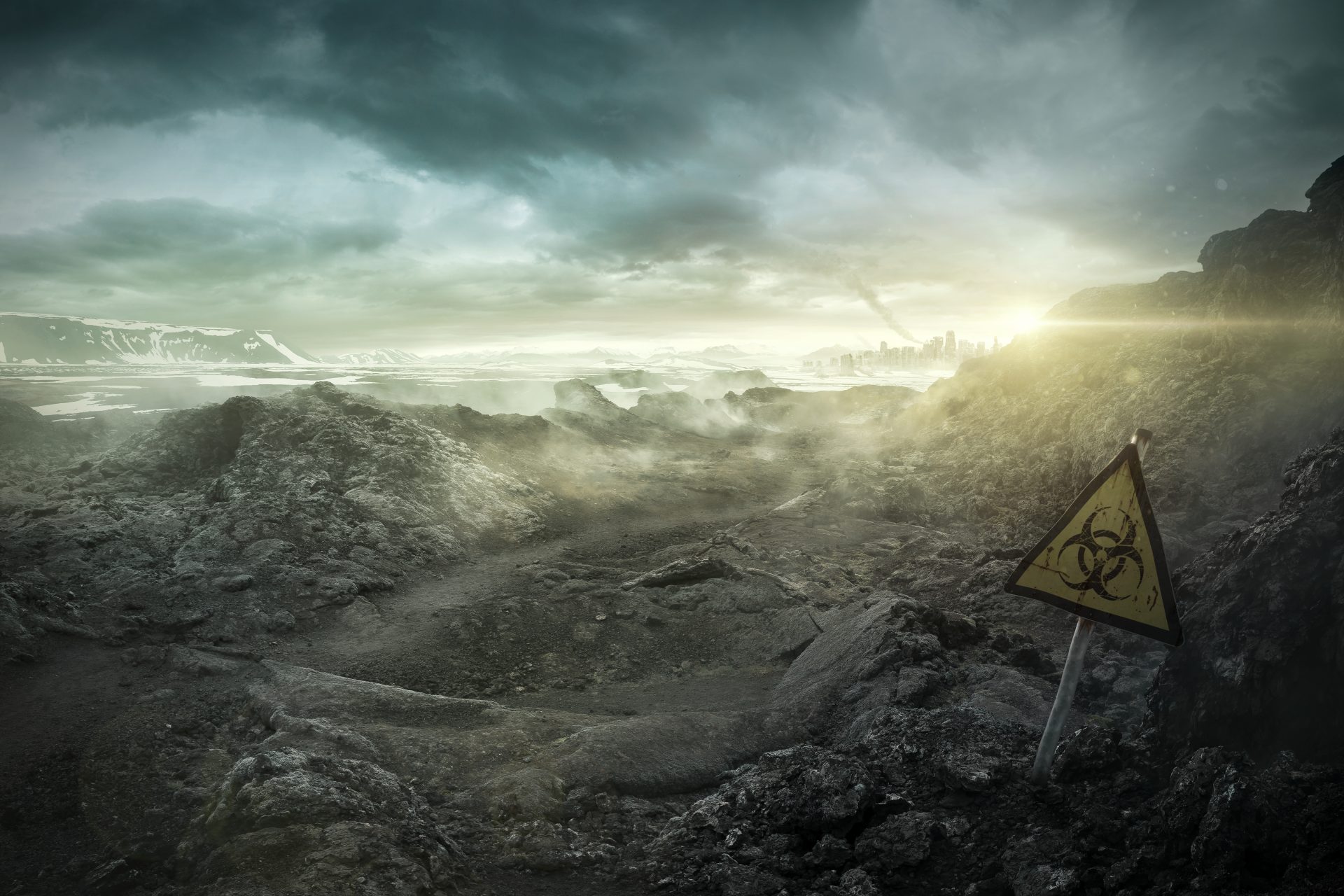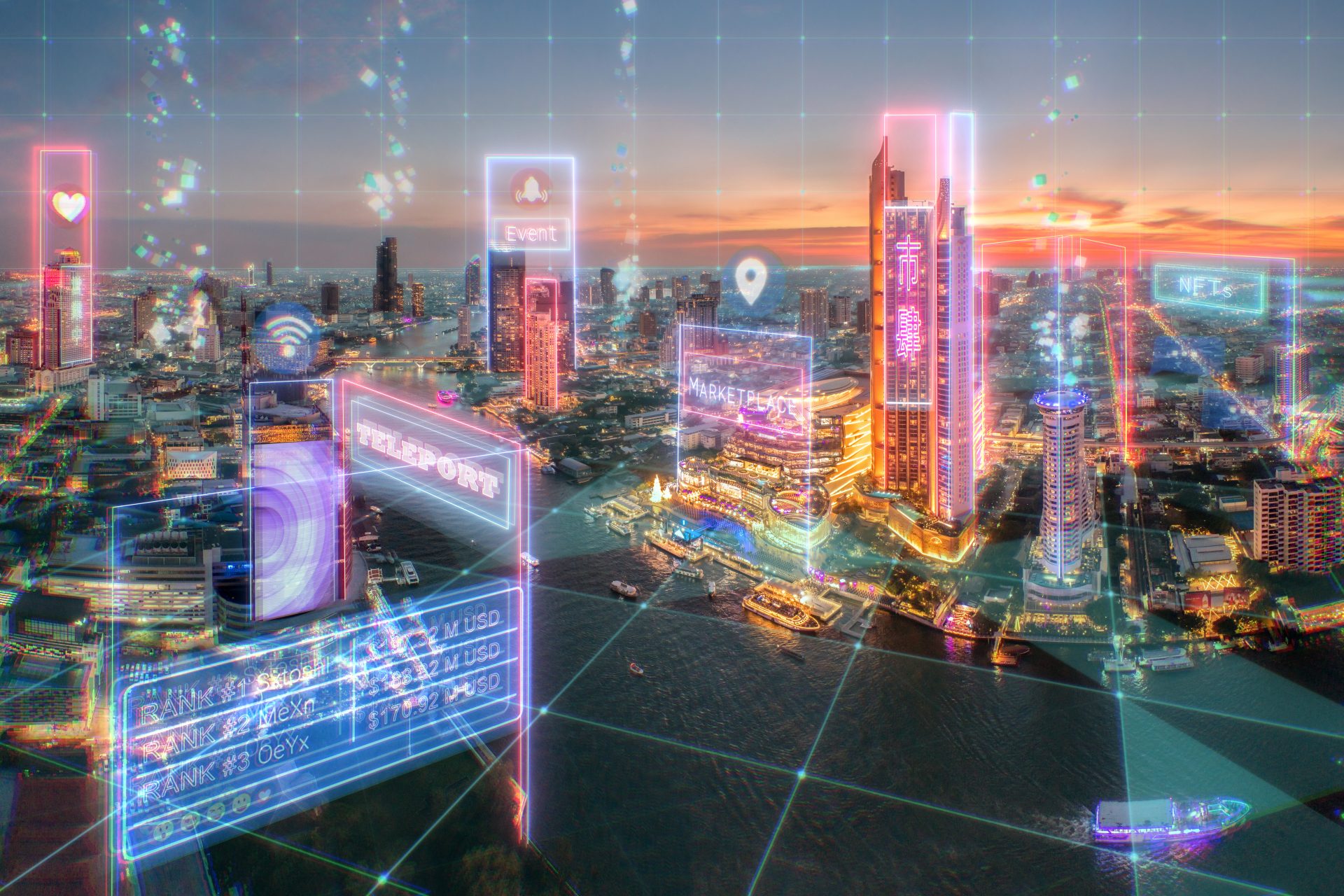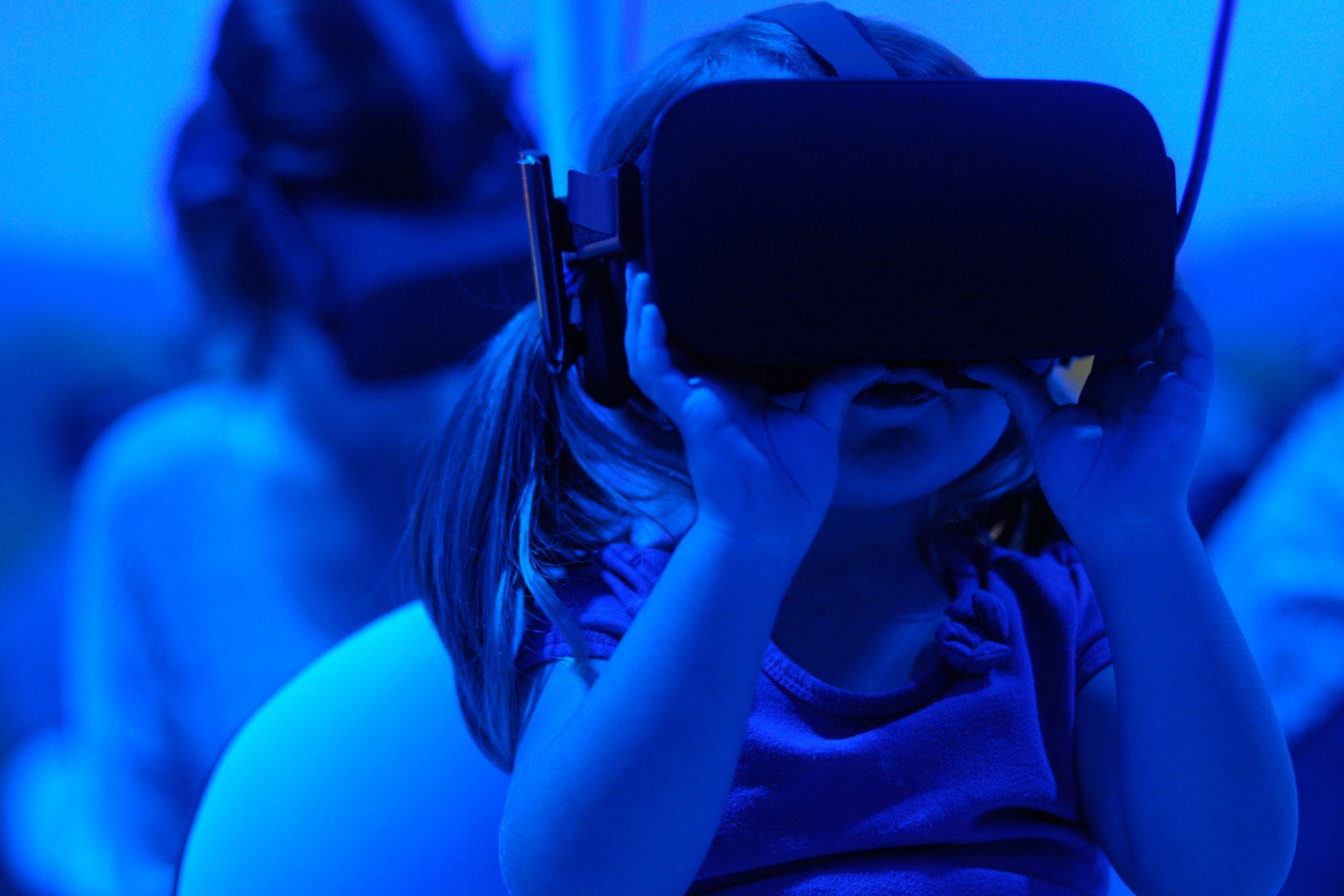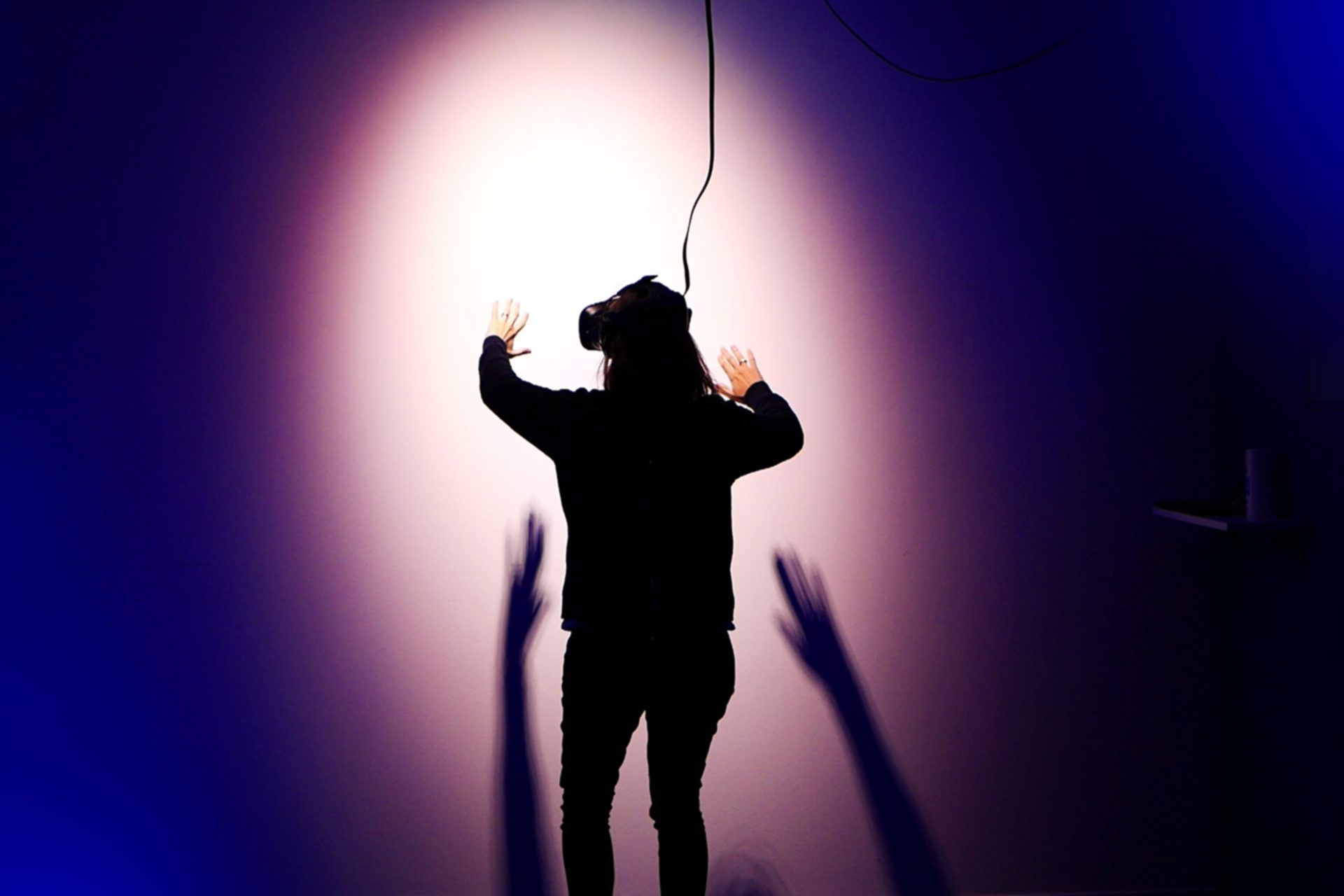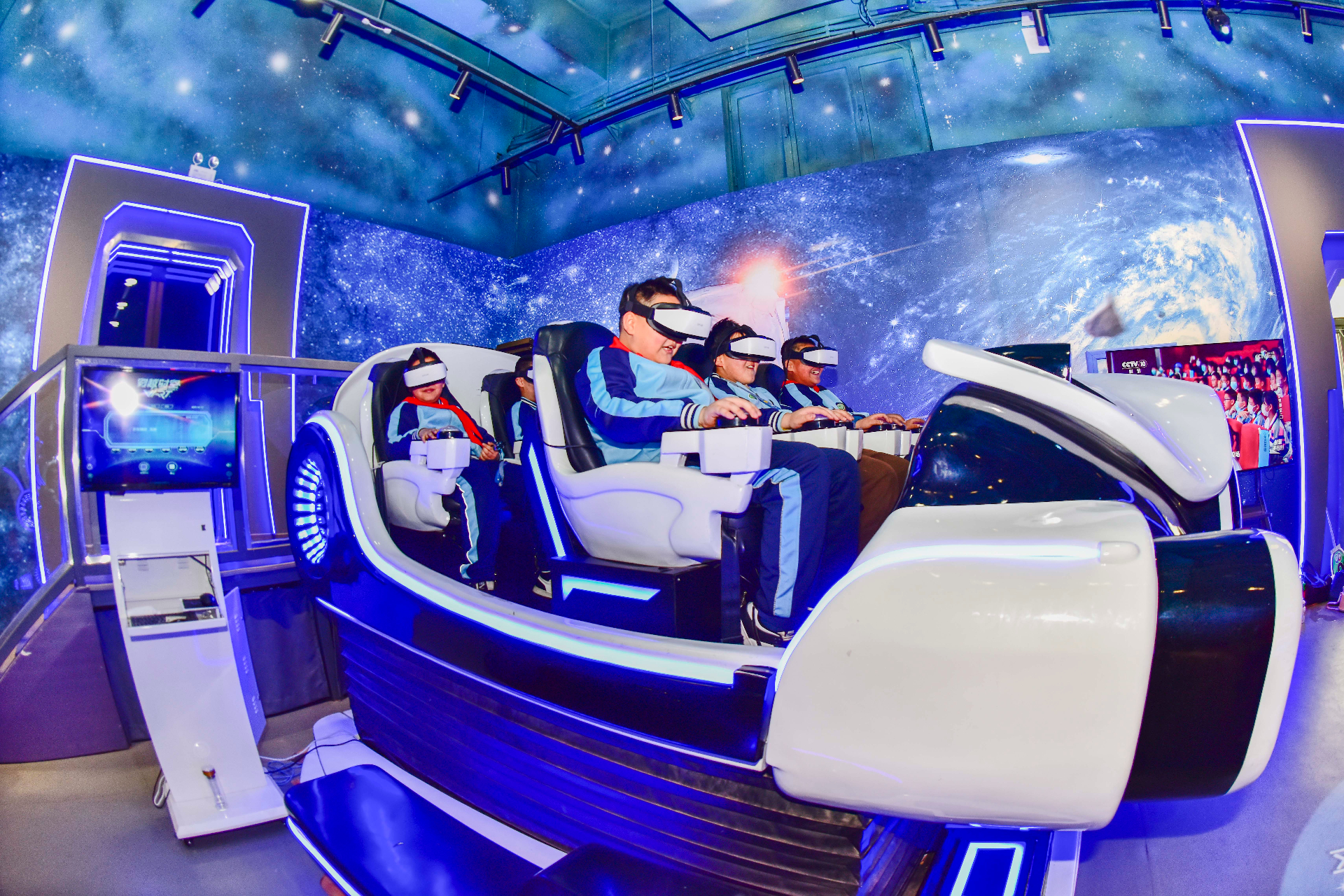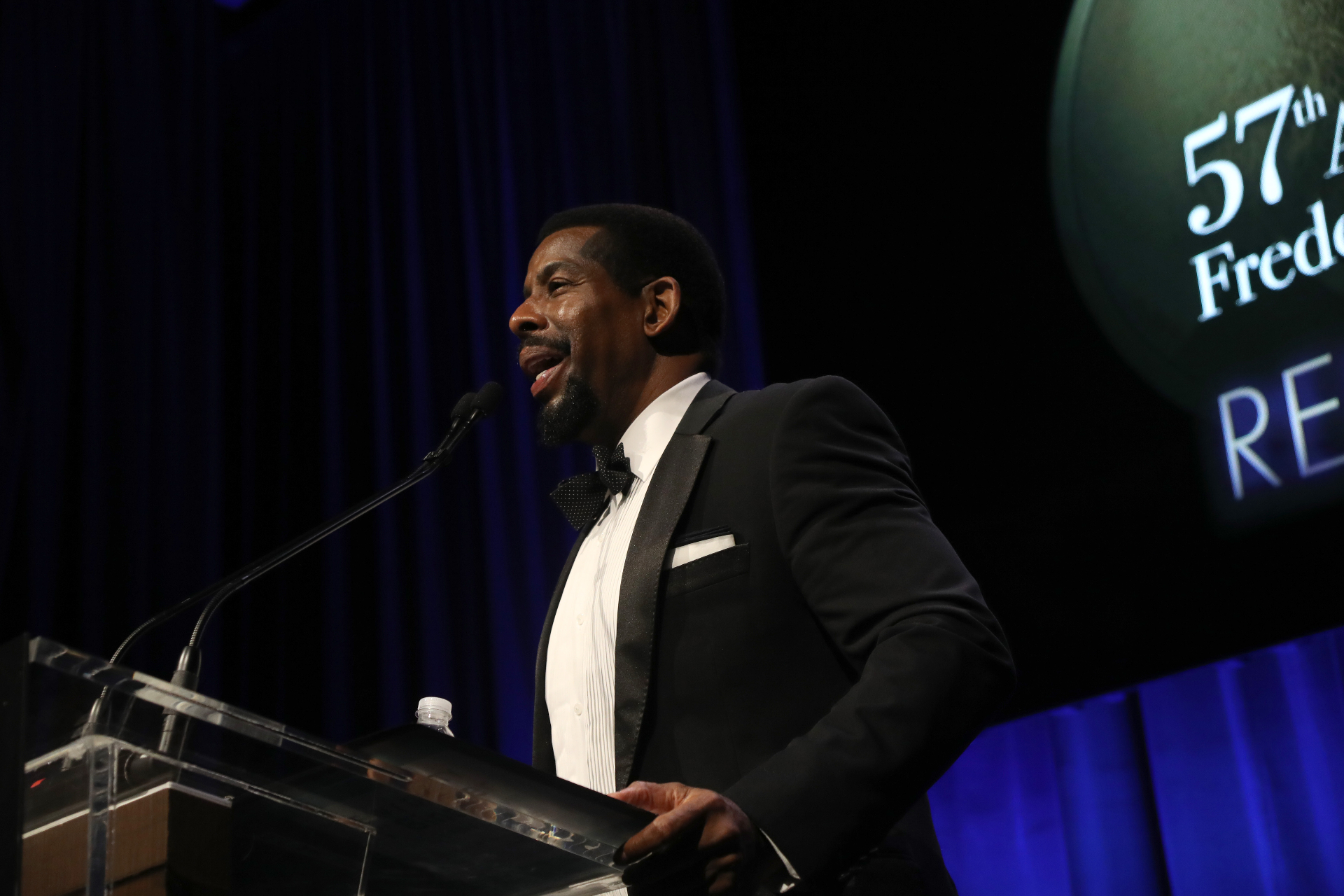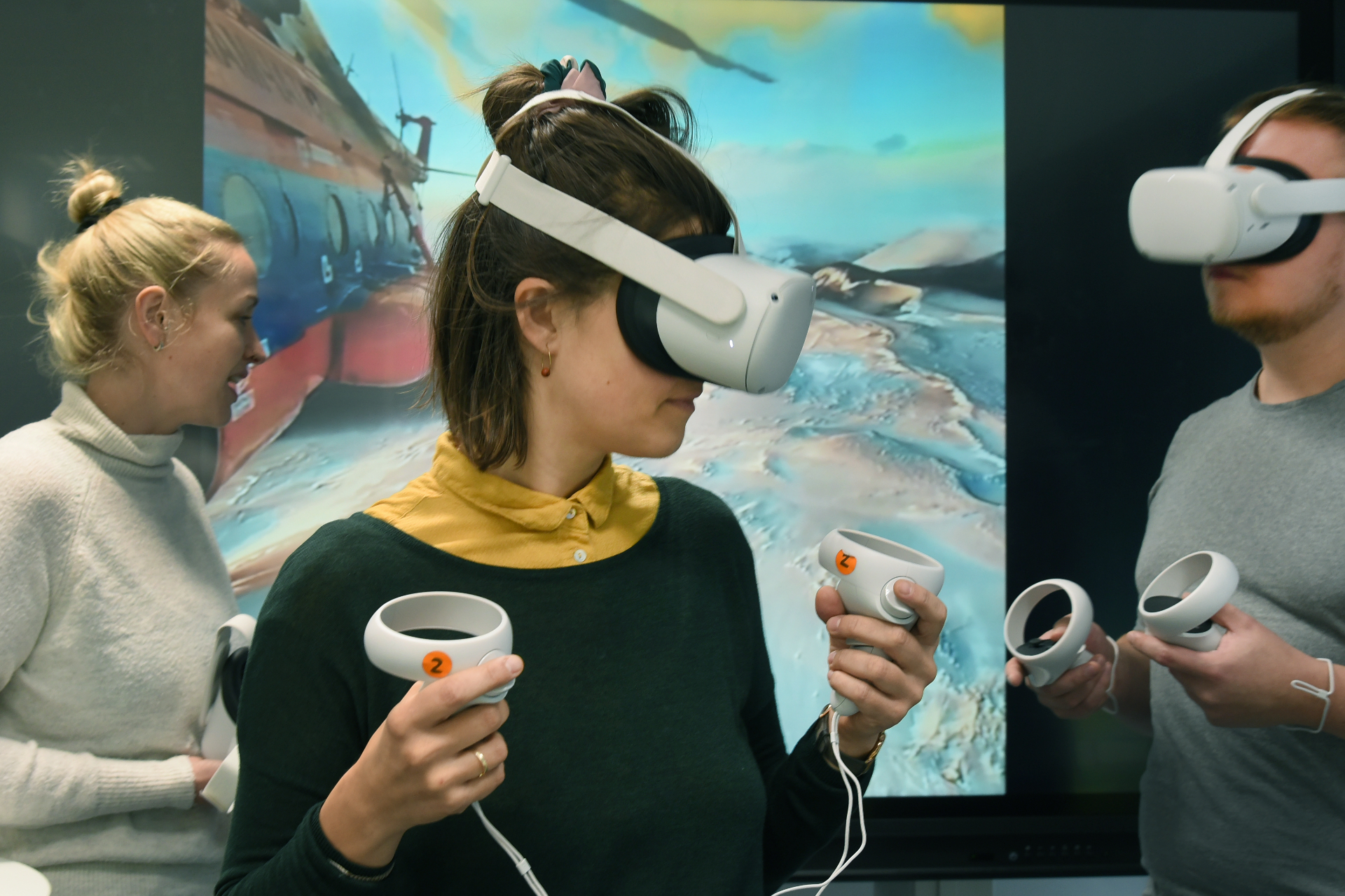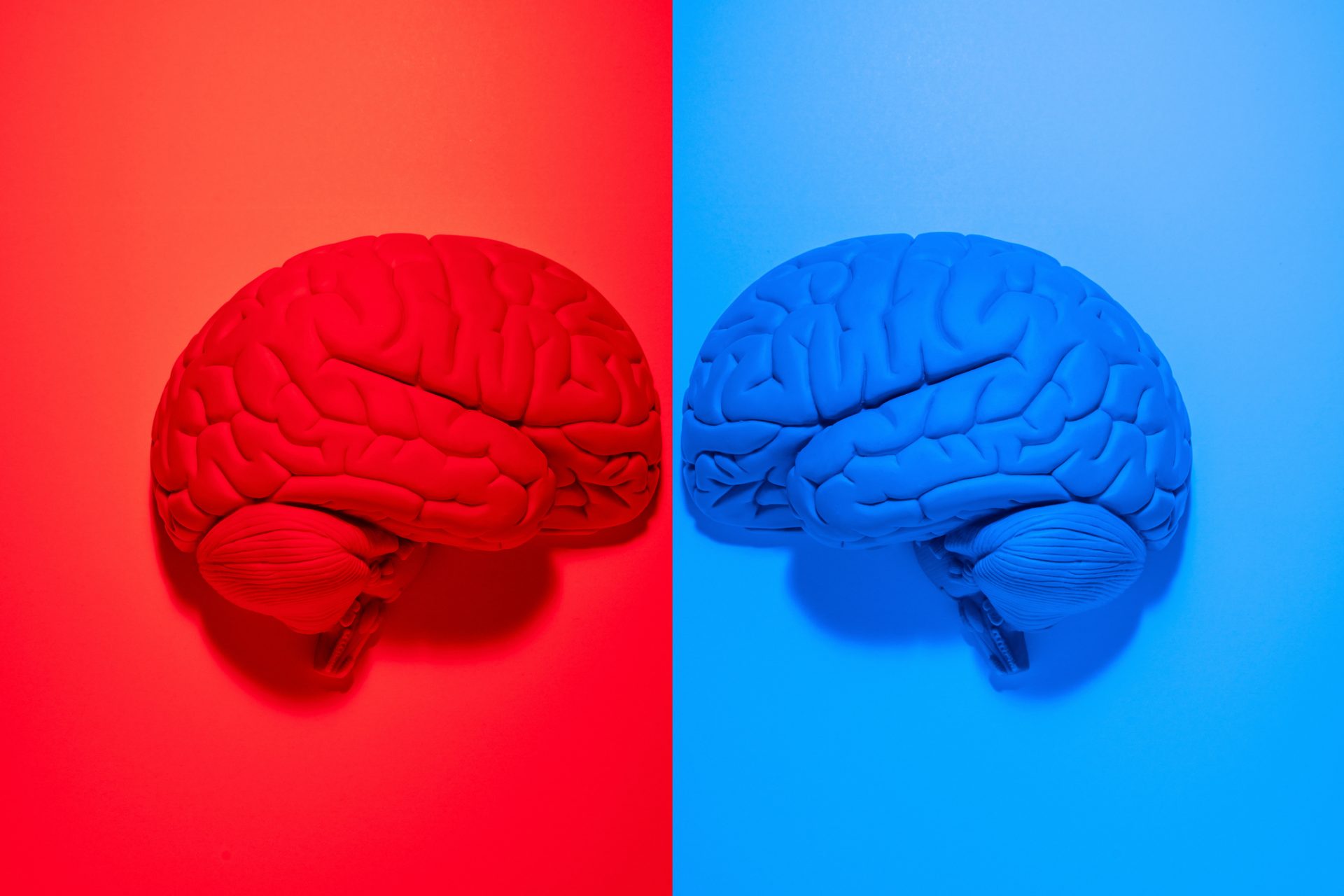Are we living in a simulation? There's scientific debate
In 2003, Oxford University philosopher Nick Bostrom proposed the simulation hypothesis. He published a paper discussing the possibility of humanity existing within a computer simulation.
The theory became famous thanks to films like 'The Matrix', and other science fiction works, but science communicators and researchers have also discussed it.
The theory proposes that we could be the subjects of a simulation if a more advanced society created a highly complex simulation of how their ancestors lived.
The theory stemmed from the notion that our computers keep getting more advanced and allow us to process more complex simulations, like video games.
Bostrom proposed the hypothesis as a trilemma, allowing other philosophers and even physicists to calculate the odds of reality being a simulation.
The trilemma is the counterposition of three statements, one of which must be true. Bostrom proposed three concepts related to simulation theory.
The first statement described the possibility that humanity would go extinct before reaching the computing capability to develop a simulation complex.
The second one proposed the possibility that no advanced human would be interested in developing a simulation about their early ancestors.
The third and last statement was that there is such a simulation, and most humans living in the way we are now are part of it and not the base reality.
When presented like that, the trilemma produces a high probability in favor of the third statement.
However, a more recent analysis that reduced the problem to a dilemma by making the first two statements real reduced the possibilities: chances are close to 50-50.
Still, the last analysis depends on advancing AI and computing capabilities. If they keep growing, the chances of our reality being simulated also increase.
However, analyzing the odds is not the only way of looking at the simulation dilemma; other researchers have also studied it from an empirical point of view.
Some have even wondered if it is worth investigating the simulation hypothesis, considering how unlikely it is to disprove it through evidence.
Without considering the probabilities or the truth or false approach to the trilemma, it isn't easy to find ways to determine if our reality is simulated or the base reality.
During a guest appearance in Neild DeGrass Tyson's podcast, comedian Chuck Nice said something that could give science the empirical key: "What if the speed of light is a limit imposed by the programmer?"
Fouad Khan, a senior editor at Nature Energy, believes the simulation hypothesis confirms that we cannot travel faster than the speed of light.
Khan thinks the only imprint of the programming of our simulation would be the processor speed, which would be the only proof.
It takes a computer the same time to make any addition, whether 2+2 or 3243+2323; the processor's speed determines how fast things go, not the complexity of the operation.
So, according to Khan, the speed of our processor would be the speed of light. He argues the same as Nice; it is not a random limit but one set up by the programmer.
It is tough to know, but maybe we should accept that. Philosopher Preston Greene has suggested not to look because, if it were true, such knowing might end the simulation.
More for you
Top Stories





